Washington Post Article Reflects AFF Key Messages
1/19/2017 10:04 AM
The Washington Post recently ran an article titled, “A Diet Rich in Fruits and Vegetables Outweighs the Risk From Pesticides.” This article included Alliance for Food and Farming (AFF) content as well as reflected our main message about produce safety and healthy eating. Among the main points of the article:
- Peer reviewed research published in Nutrition Today shows messages that inaccurately call into question produce safety due to pesticide residues result in low income consumers stating they are less likely to buy any produce – conventional or organic.
- One of the main groups promoting this inaccurate safety message is the Environmental Working Group (EWG) via their annual release of the “dirty dozen” list, which labels popular produce items as “toxic” and “dirty.” However, EWG’s list and methodology is scientifically flawed, not credible and shouldn’t be used by consumers when making their shopping choices.
- Eat more fruits and vegetables everyday for better health. Both organic and conventional produce is safe and can be eaten with confidence.
- If you prefer organic – buy it and enjoy. If you prefer conventional – buy it and enjoy.
The last two statements are simple takeaways that should be top of mind among consumers. But, unfortunately, groups like EWG continue to promote confusing, and often contradictory, messaging to use fear to influence shoppers toward purchasing produce items grown organically over others. But, the paper published in Nutrition Today shows that effort may be backfiring on EWG and actually “influencing” consumers away, not toward, healthy eating.
At the AFF, our efforts are focused on science-based information so that facts, not fears, guide shopping choices. We wholeheartedly agree with the Washington Post article’s main message that consumers should choose to eat more fruits and veggies every day. Whether they choose to eat organic or conventional – choosing to eat more of either or both is always the right choice.
As for EWG, more and more reporters, bloggers and consumers are realizing the “dirty dozen” list is flawed and no longer worth covering or following. Now that EWG’s messaging has been shown in peer-reviewed research to be potentially detrimental to consumers, maybe they will finally realize it is time to retire this decades-old “list” and adopt positive, reassuring messaging that promotes healthy eating.
Read, learn, choose but eat more organic and conventional fruits and veggies every day for better health and a longer life.




Leave a Reply
Want to join the discussion?Feel free to contribute!